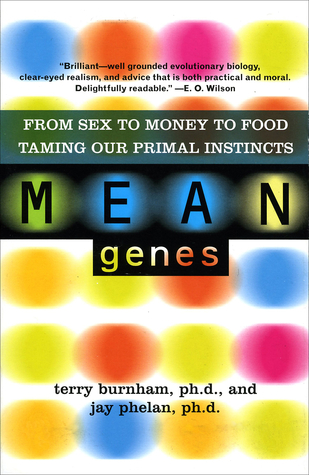Kindle Notes & Highlights
Read between
June 18 - July 7, 2015
By making ourselves feel poor, we can induce our overconsuming instincts into living more frugally.
A danger of using credit is that we do not hand over anything that feels valuable (such as cold, hard cash), so charging doesn’t feel like spending money.
The surprising conclusion is that most people get rich because they spend less, not because they earn more than the average.
“Dopamine Response = Reward Occurred – Reward Predicted.”
Put another way, the dopamine system was built to reward evolutionary success, not to produce permanent happiness.
In his Coffee Cantata of 1732, J. S. Bach wrote, “Ah! How sweet coffee tastes! Lovelier than a thousand kisses, sweeter far than muscatel wine!”
Evolution should favor those who take the right risks, not just those who are reckless gamblers.
we are often fooled by products that have been artfully designed to exploit our risky instincts.
To win, we need to decide in advance the maximum we can lose, then ensure we absolutely cannot exceed that limit.
If we just rely on our instincts, we are likely to be too timid in our professional lives.
Happiness is a tool that our genes use to induce us toward behaviors that benefit them. The rabbit moves to further the interests of the racetrack owner, not the dog. Similarly, we strive toward elusive goals, not for our own happiness, but to further the interests of our genes.
Learning that the pain will go away sooner than we predict, however, can help us become more courageous.
First, absolute levels have little effect on happiness. Second, we love making progress. Third, expectations play a central role.
First, the road to attractiveness need not be a mystery. The behaviors of a good mate are almost exactly those that our mothers tried to teach us. (We would have listened more if we knew it would get us more than Cub Scout merit badges.) Second, anyone can become significantly more desirable by being considerate, staying physically fit, and being fiscally responsible.
Cooperation is central to human activity, and gossip is central to cooperation.
the country has permanent interests but no permanent friends.
While we may all dream of unconditional friendship, we are just as motivated by self-interest as the troops.
Because people lived in small groups for so long, our genes have built us with instincts appropriate for a world with a small number of people who interact frequently.
Like the herring gulls, our instincts worked well in our natural environment, but get us in trouble in an industrialized world.


